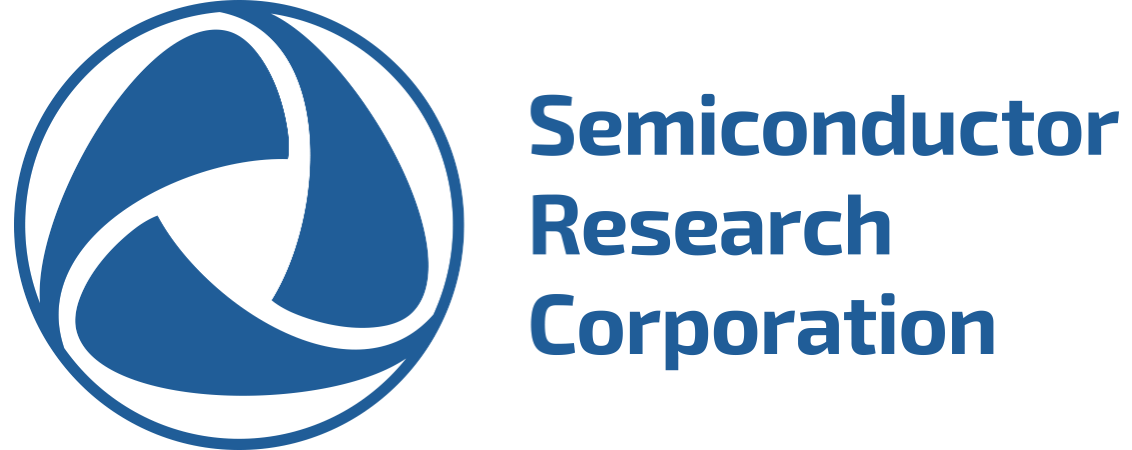ESH e-Workshop: Experimental Evaluation of Degradation Rates and Transformation Products of Fluorinated Polymers used During Semiconductor Manufacturing
-
- Date:
-
Thursday, July 11, 2024,
11 a.m.–noon ET
- Location:
-
via WebEx,
Durham,
NC,
United States
- Type:
- e-Workshop
- Event ID:
- E007895
This will also include Targeted Sampling and Analysis to Support Source Tracking and Mass Balances of Organofluorine-Containing Compounds in Semiconductor Manufacturing Facilities

ABSTRACT:
A variety of organofluorine-containing compounds are used during the manufacturing of semiconductors including fluorinated polymers and small molecules that can be classified as per- and polyfluoroalkyl substances (PFASs). Emerging regulations on emissions of PFASs from industrial processes motivate studies to understand the occurrence, sources, and fate of organofluorine-containing compounds in semiconductor manufacturing facilities. This presentation will focus on recent results from SRC-funded projects that have characterized the occurrence of specific PFASs in fab wastewater, demonstrated the potential for organofluorine-containing compounds to be transformed to PFASs under conditions relevant to specific fab processes, and identified processes that contribute the greatest mass loads to PFAS emissions. Insights derived from these projects will help fabs develop strategies to mitigate PFAS in their emissions.
BIO:
Damian Helbling received his PhD in civil and environmental engineering from Carnegie Mellon University in May 2008. His graduate research focused on the use of sensor networks within drinking water distribution systems to monitor and control post-treatment water quality. Helbling did his postdoctoral work at the Swiss Federal Institute for Aquatic Science and Technology (Eawag) in Switzerland where he explored the environmental fate of organic chemical contaminants with a particular focus on biological transformation processes. Helbling joined the School of Civil and Environmental Engineering at Cornell University in January 2014. His research has focused on developing techniques to characterize the universe of organic molecules in water and wastewater by means of high-resolution mass spectrometry and developing technologies for the remediation of impacted water systems. He has received several awards for his research and teaching and was awarded tenure and promotion to associate professor in November 2019.


 To Local Calendar
To Local Calendar
